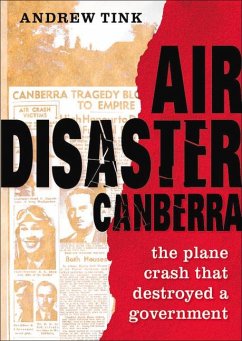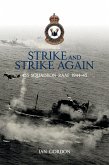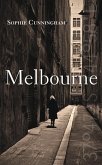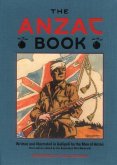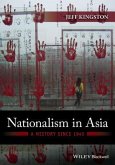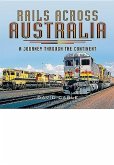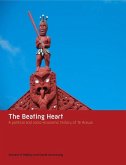Telling an engrossing and dramatic tale of a little-known aspect of Australia's political history, this book investigates the details of the August 1940 crash of a Hudson bomber--the A16-97--that killed three Australian cabinet ministers. The plane crashed into a ridge near Canberra and, in the ghastly inferno, the nation lost its key war leaders. Over the next 12 months, it became clear that the passing of Geoffrey Street, Sir Henry Gullett, and James Fairbairn had destabilized Robert Menzies' wartime government. As a direct but delayed consequence, John Curtin--widely regarded as one of the country's greatest wartime statesmen--became prime minister in October 1941. This book also controversially examines whether Air Minister Fairbairn, rather than the Royal Australian Air Force (RAAF) pilot Bob Hitchcock, had been at the controls.

